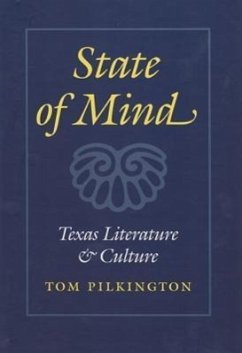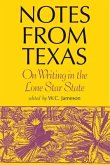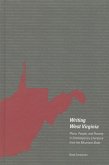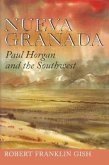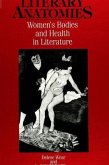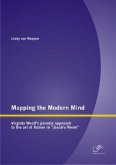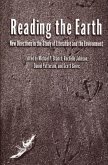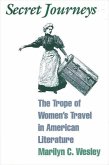"IS LITERARY TEXAS a banana republic or an empire?" Tom Pilkington has written a series of lively and delightfully learned essays addressing this question. Pilkington traces the evolution of Texas literature from its roots (including Alvar Nunez Cabeza de Vaca, the state's literary "prototype, " and J. Frank Dobie, who "taught Texans how to succeed at the culture game") to its twentieth-century flowering (writers like John Graves, Rolando Hinojosa, Cormac McCarthy, and Larry McMurtry). He explores questions as diverse as who is a Texan, what makes a "Texas" writer, what distinguishes the nascent Texas literary tradition from broader southwestern literature, why regional literature is relevant, and where Texas writing is going. Adding an autobiographical dimension to literary explication, Pilkington uses his experiences of growing up in North Texas in the 1940s and 1950s to illustrate facets of the Texas mythos. His professional experiences as author, editor, and English teacher provide the philosophical underpinnings of his thesis that the Texas literary tradition is a developing one whose golden age has yet to come. At every stage, Pilkington's discussions of writers and his choices of illustrative works are apt and informative and in many cases may serve to introduce the reader to new writers. Chapters on the Texas military tradition, violence in Texas fiction, and football in Texas life and literature, as well as those on the frontier and ranching and agricultural themes, make this collection of general as well as critical interest.
Hinweis: Dieser Artikel kann nur an eine deutsche Lieferadresse ausgeliefert werden.
Hinweis: Dieser Artikel kann nur an eine deutsche Lieferadresse ausgeliefert werden.

